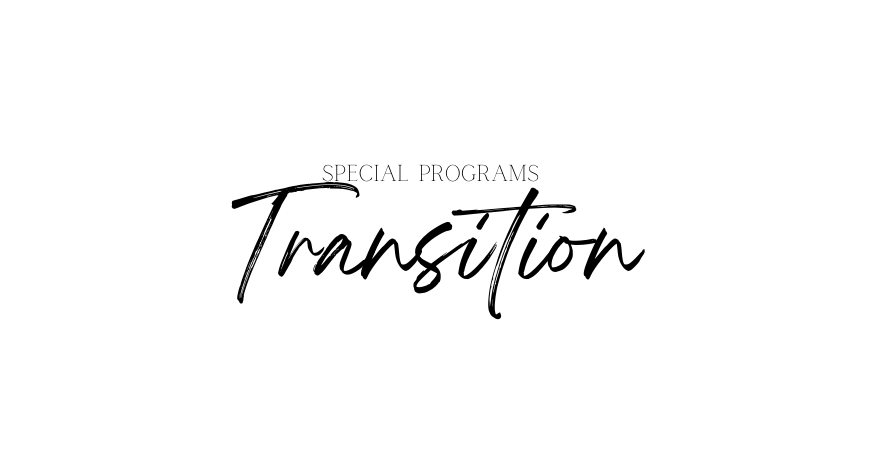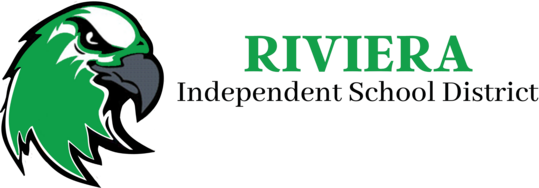Transition

What is Transition?
Students with disabilities transition throughout their school careers-from grade to grade, from early childhood programs to elementary school, elementary to middle school, middle to high school, or high school to college and employment. Transition is a coordinated set of activities that includes instruction, related services, community experiences, development of employment and other post-school adult living objectives, and, when appropriate, acquisition of daily living skills and functional vocational evaluation.
Transition is a process designed to assist students with disabilities to achieve their postsecondary goals in the areas of education, employment, and adult living. Through transition planning, annual goals and a coordinated set of activities focusing on both academic and functional skills are established to facilitate progress towards a student's postsecondary goals.
Federal and State Law
Federal law states that beginning no later than the first IEP to be in effect when the child turns 16 (State law states age 14), or younger if determined appropriate by the IEP Team, and updated annually, thereafter, the IEP must include -
Appropriate measurable postsecondary goals based upon age-appropriate transition assessments related to training, education, employment, and, where appropriate, independent living skills
The transition services (including courses of study) needed to assist the child in reaching those goals.
What types of accommodations are available in college and the workplace?
College and universities will typically provide accommodations for students with disabilities. The student must request accommodations and provide documentation of disability.
Employers must provide reasonable accommodations in the workplace. The employee with a disability must request accommodations and provide documentation of disability.
Resources
This Web site contains information about living college life with a disability. It’s designed for high school students and provides video clips, activities, and additional resources that can help you get a head start in planning for college.
The Texas Education Agency is the state agency that oversees primary and secondary public education. It is headed by the commissioner of education. The mission of TEA is to provide leadership, guidance, and resources to help schools meet the educational needs of all students.
Texas Health and Human Services
HHS provides a range of services to Texans with disabilities that help ensure their well-being, dignity, and choice. Programs also are in place to support family members who care for them.
Texas Project FIRST is a project of Family to Family Network and an activity of the Texas Continuing Improvement Process (TCIP) under the auspices of the Texas Education Agency (TEA) and Region 9 Education Service Center (ESC), and is focused on helping to fulfill the goals of TEA and the Parent Coordination Network
It's difficult to predict the future, but it's never too early to start planning for it. Texas Reality Check will show you how much your living expenses will cost, and the amount of money you will need to earn to pay for them.
Texas Transition and Employment Guide
The Texas Transition and Employment Guide provide youth, young adults, parents, and professionals with secondary transition resources to facilitate a young person’s progress towards post-secondary goals to education, employment, and community living.
Texas Workforce Commission (TWC)
Texas Workforce Commission (TWC) is the state agency charged with overseeing and providing workforce development services to employers and job seekers of Texas.
Think College is a national organization dedicated to developing, expanding, and improving inclusive higher education options for people with intellectual disabilities.
The purpose of this website is to provide viewers with knowledge of the secondary transition process to facilitate student progress toward the attainment of their postsecondary goals. On this site, you will find resources for students, parents, educators, and agency resources.
Please view for information regarding the importance of having your children enrolled on community service wait-lists at an early age.
